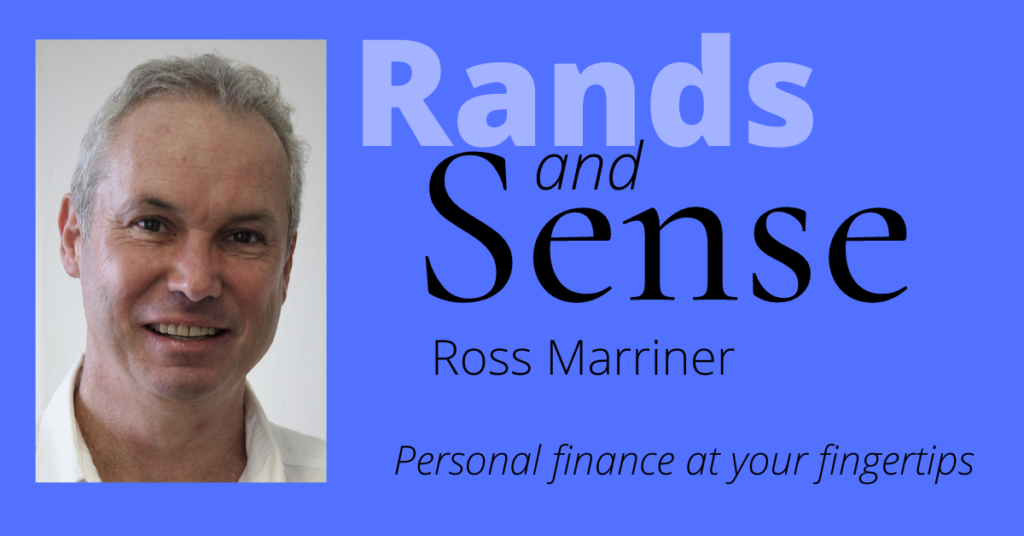…investing in property may not be suitable for everyone
An investment in property, be it residential, commercial or a combination thereof, can be an integral component of a well-diversified investment portfolio. It has the potential to generate outstanding returns or it could result in a loss of money, as has been experienced by many landlords during the current period associated with the Covid-19 pandemic. Just as with any investment, it is essential to proceed with a great deal of caution.
There are many ways in which you can enter the property market; for example, you could purchase a second property to rent out to students. The objective of direct investment in property is first to create an ongoing flow of income and secondly to achieve capital growth. It is akin to a business venture and involves a great deal more work than just sitting back and collecting rental income every month!
Many private property investors grossly underestimate the long-term costs associated with property ownership, and the effort involved in managing properties. There are a number of costs that are often overlooked, for example bond registration costs, the cost of not being able to rent out the property, the cost of recovering arrear rentals from a defaulting tenant (and the costly eviction process). Ongoing maintenance costs, the cost of renovating the property every few years and estate agent commissions when it comes to selling the property must also be taken into account. Other costs include levies, insurances, municipal rates and taxes, water and electricity and the cost of repairing damage to the property.
It is crucial for an investment in property to be made at the right time and in a good area. The effect of municipal decay, for example, could result in the dramatic deterioration of the capital value of a property located in the wrong area. To sell a property in such an environment could prove to be challenging.
Instead of directly purchasing and owning physical property, you can enter the property market indirectly through the purchase of a property unity trust, now known as Real Estate Investment Trust (REIT). By investing in a REIT, you gain exposure to listed property without the hassle of having to manage the property and, importantly, you have the advantage of having almost immediate access to your capital.
A direct investment in property has the potential to provide you with greater rewards than is the case in an indirect investment. Conversely, the risk associated with direct ownership is normally greater than that of an indirect investment.
Ideally you should only invest directly in physical property if you really understand the property market. If you wish to hold a portion of your investment portfolio in property without having to physically own and manage the actual properties, an indirect investment may be a better option. An experienced Certified Financial Planner® would be able to provide you with sound advice and assistance in this regard.
Rands and Sense is a monthly column, written by Ross Marriner, a Certified FInancial Planner with PSG Wealth. His Financial Planning Office number is 046 622 2891.


